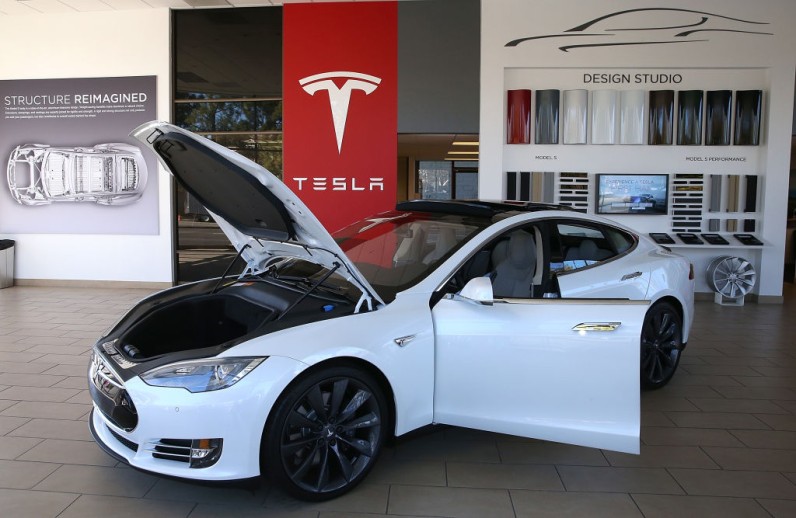
Tesla appeared in a Miami federal courtroom on Monday to defend its Autopilot system in a wrongful death case linked to a deadly 2019 crash in Key Largo, Florida.
The trial, which stems from a lawsuit filed in 2021, is one of the rare instances where Tesla's self-driving technology is being tested in front of a jury.
The lawsuit was filed by Dillon Angulo and the family of Naibel Benavides Leon, a 22-year-old college student who died after a Tesla Model S, using Autopilot, crashed into a parked Chevrolet Tahoe.
Angulo, her boyfriend, was also seriously injured. They had pulled over to stargaze when the accident occurred.
The crash happened when the Tesla driver, George McGee, dropped his phone and took his eyes off the road, CBS News said.
According to court documents, McGee's car sped through a stop sign at about 60 mph and slammed into the parked SUV, which then hit Benavides, killing her.
The central question in the trial is whether Tesla's Autopilot software failed to detect the parked vehicle and prevent the collision.
Lawyers for the plaintiffs argue that Tesla's technology should have identified the SUV and either warned the driver or slowed down the car.
"As Elon Musk pushes Robotaxis, Tesla faces trial over fatal Autopilot crash
— queen beetle (@thequeenbeetle) July 14, 2025
The trial could dissect Tesla’s automated driving technology in public just as a more advanced version starts to ferry passengers on public roads." pic.twitter.com/MvbKBZ64OU
Tesla Blames Distracted Driver, Not Autopilot, in Florida Crash
One of the plaintiff attorneys, Todd Poses, said the Autopilot system had a design flaw that failed to recognize obstacles in its path.
Tesla, however, says the crash wasn't caused by the system but by McGee's distraction.
In a statement, Tesla said, "This crash had nothing to do with Autopilot. It was caused by a driver looking for his dropped phone while pressing the accelerator. There was no crash prevention technology in 2019 that could have avoided this."
A judge already dismissed parts of the case related to manufacturing defects but allowed the plaintiffs to seek punitive damages.
According to AP News, Judge Beth Bloom wrote that a jury could find Tesla acted with "reckless disregard for human life."
The outcome of this case may impact Tesla's broader efforts to promote autonomous vehicles, including robotaxis, especially as the company faces growing scrutiny over how it markets its self-driving features.
The trial is expected to include expert testimony and analysis of crash data. Tesla's defense centers on its warning that drivers must remain alert at all times, even when using Autopilot.
No criminal charges have been filed in connection to the crash, and McGee settled his portion of the lawsuit separately.







Join the Conversation